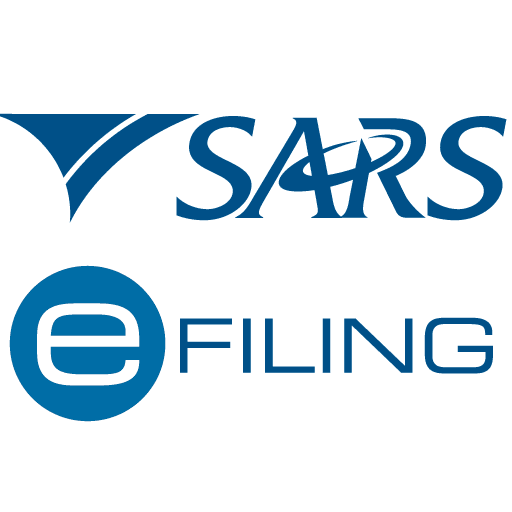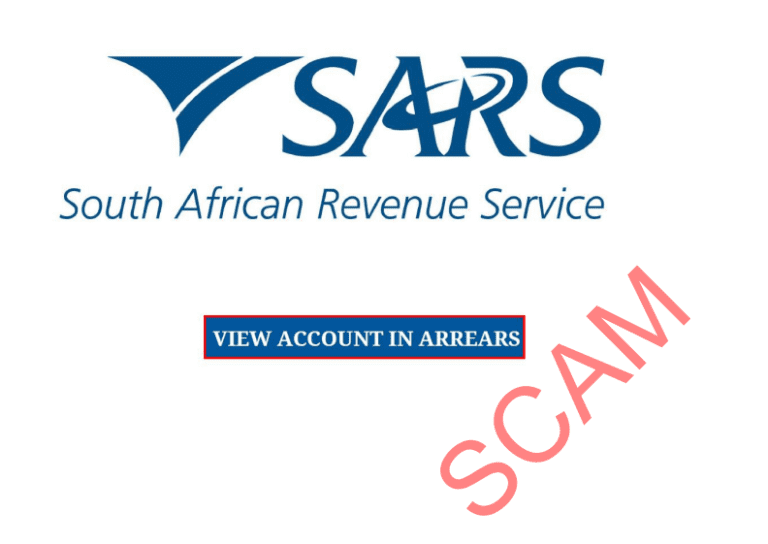- SARS intensifies its crackdown on high wealth individuals (HWI) and tax-exempt institutions, yielding record revenue collections and showing no signs of slowing down.
- Improved data collection systems and artificial intelligence integration enable SARS to identify non-compliant HWI cases for in-depth audits and match taxpayer declarations with data from other countries.
- The tax authority is adopting a zero-tolerance approach to HWIs and focusing on key areas of concern, including employment tax incentives, assessed losses, VAT system abuse, stock write-offs, and mining capex.
The South African Revenue Service (SARS) is intensifying its focus on wealthy taxpayers and certain businesses, yielding positive results as record revenues are collected with no signs of slowing down.
During a recent discussion on the tax authority’s revenue outcomes, SARS Commissioner Edward Kieswetter revealed that two new segments of investigation – high wealth individuals (HWI) and tax-exempt institutions – will receive increased scrutiny. This heightened focus is part of the institution’s long-term plan to ensure tax compliance.
According to Kieswetter, HWI revenue contributions reached R11 billion. SARS is currently laying the groundwork to further its efforts in this tax base segment, which currently encompasses 58,000 taxpayers, excluding related entities. Additionally, SARS collected R14.9 billion from over 65,000 entities, including non-profit and public benefit organizations.
Kieswetter emphasized that abuse and low compliance in tax-exempt institutions remain major concerns for SARS, prompting the tax authority to strengthen its focus on these areas.
Through improved data collection systems and advancements in artificial intelligence integration, SARS has been able to identify non-compliant HWI cases for in-depth audits. The tax authority currently utilizes Common Reporting Standards (CRS) data and information obtained from other countries to match against income tax declarations made by taxpayers in order to detect discrepancies.
Kieswetter noted that 26 taxpayer cases, or 40% of the population tested, exhibited risks, with the value of these anomalies amounting to R445 million. In addition, 18 taxpayer cases, or 28% of the population tested, have been routed to audit, with estimated tax results amounting to R105 million. Of these 18 cases, 15 are under investigation, and three have reached the letter of findings stage, with possible additional assessments amounting to R79 million.
The head of strategic engagement and compliance at Tax Consulting SA, Jashwin Baijoo, explained that SARS is adopting a zero-tolerance approach to HWIs, with increased enforcement efforts in 2023. The HWI Unit was reestablished in 2021 with the primary mandate of investigating wealthy individuals and detecting non-compliance, assigning managers to assist with tax compliance.
Kieswetter also highlighted other significant areas of concern and audit focus for the tax authority, including:
- The abuse of employment tax incentives (ETI) schemes
- Companies failing to ringfence their assessed losses in accordance with legislation
- Second-hand gold businesses exploiting the VAT system
- Stock write-offs and impairments
- Mining capital expenditures (capex)
On April 3, SARS announced record revenue collections despite several segments still requiring deeper investigations. The tax authority collected just over R2 trillion in gross tax revenue, surpassing the R2 trillion threshold for the first time. After disbursing R381 billion in refunds, the net collection totaled R1.68 trillion. Both the gross amount and the refunds paid out set new records in the organization’s history.


























